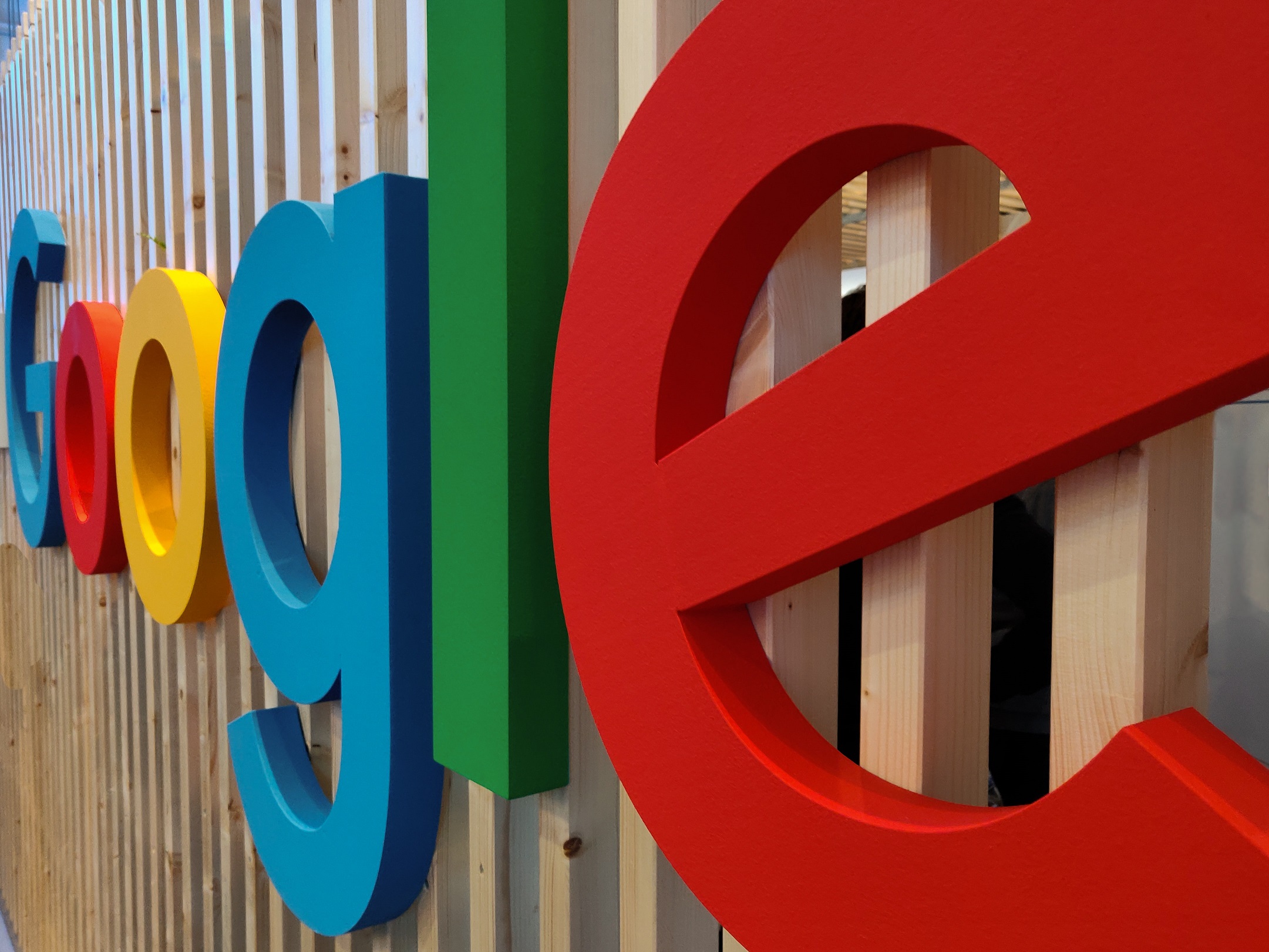European Commission threatens to break up Google's ad business
 The European Commission has issued a Statement of Objections to Google, informing the tech giant of its “preliminary view” that the company breached EU antitrust rules by distorting competition in the ad tech industry. The Commission takes issue with Google favouring its own online display advertising technology services to the detriment of competing providers of ad tech services, advertisers and online publishers. It suggests that breaking up Google’s ad business may be the best solution.
The European Commission has issued a Statement of Objections to Google, informing the tech giant of its “preliminary view” that the company breached EU antitrust rules by distorting competition in the ad tech industry. The Commission takes issue with Google favouring its own online display advertising technology services to the detriment of competing providers of ad tech services, advertisers and online publishers. It suggests that breaking up Google’s ad business may be the best solution.
In a statement, the Commission notes that: “Google is active on both sides of the market with its publisher ad server and with its ad buying tools and holds a dominant position on both ends. Furthermore, it operates the largest ad exchange. This leads to a situation of inherent conflicts of interest for Google.”
It notes that, since at least 2014, Google has abused its dominant positions by favouring its own ad exchange, AdX, in the ad selection auction run by its dominant publisher ad server, DFP, by, for example, informing AdX in advance of the value of the best bid from competitors which it had to beat to win the auction.
In addition, the Commission says Google has favoured its ad exchange, AdX, in the way its ad buying tools, Google Ads and DV360, place bids on ad exchanges. For example, it says, Google Ads was avoiding competing ad exchanges and mainly placing bids on AdX, thus making it the most attractive ad exchange.
The Commission says it is concerned that Google's allegedly intentional conducts were designed to give AdX a competitive advantage, and may have foreclosed rival ad exchanges. This would have reinforced Google's AdX central role in the ad tech supply chain and Google's ability to charge a high fee for its service.
If confirmed, the Commission says, those conducts would infringe Article 102 of the Treaty on the Functioning of the European Union (‘TFEU') that prohibits the abuse of a dominant market position.
Furthermore, it believes that a “behavioural remedy” is likely to be ineffective to prevent the risk that Google continues such self-preferencing conducts or engages in new ones, and concludes: “The Commission's preliminary view is therefore that only the mandatory divestment by Google of part of its services would address its competition concerns."
Issuing a Statement of Objections is a formal step in Commission investigations into suspected violations of EU antitrust rules. The Commission informs the parties concerned in writing of the objections raised against them. They can examine the documents in the Commission's investigation file, reply in writing, and request an oral hearing to present their comments on the case before representatives of the Commission and national competition authorities. Sending a Statement of Objections and opening of a formal antitrust investigation does not prejudge the outcome of the investigations. If the Commission concludes, however, after hearing the company’s defence, that there is sufficient evidence of an infringement, it can adopt a decision prohibiting the conduct and impose a fine of up to 10 per cent of the company's annual worldwide turnover.
“Google has a very strong market position in the online advertising technology sector,” said Margrethe Vestager, Executive Vice-President in charge of competition policy. “It collects users’ data, it sells advertising space, and it acts as an online advertising intermediary. So Google is present at almost all levels of the so-called adtech supply chain. Our preliminary concern is that Google may have used its market position to favour its own intermediation services. Not only did this possibly harm Google’s competitors but also publishers’ interests, while also increasing advertisers’ costs. If confirmed, Google’s practices would be illegal under our competition rules.”
.png)






